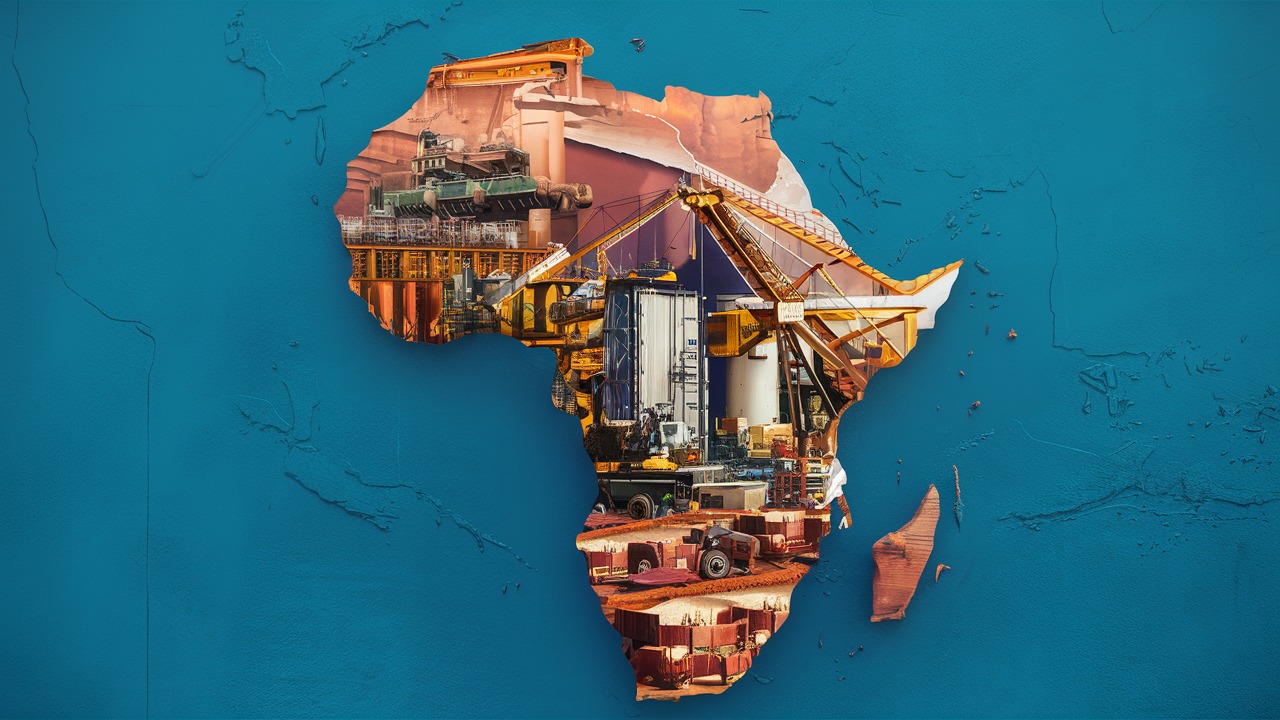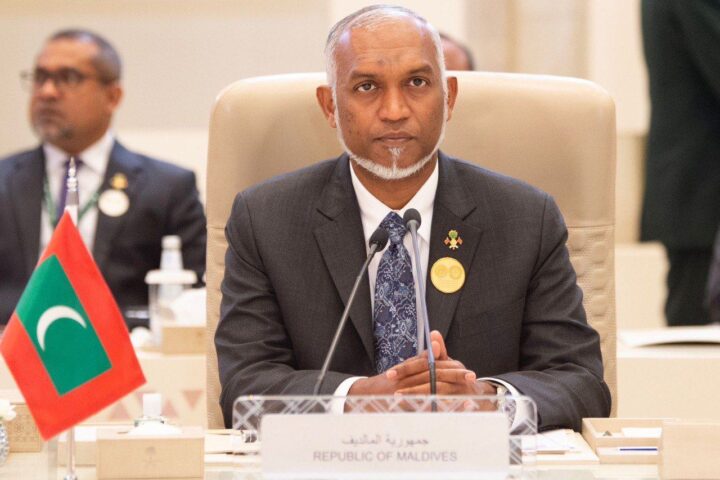Beijing, — China’s once robust presence in Africa is facing a stark decline, driven by internal economic turmoil and a growing reluctance among African nations to accept loans tied to the Belt and Road Initiative (BRI).
In recent years, Beijing has grappled with significant domestic challenges. The fallout from the 2020-21 pandemic has left local governments in a precarious financial position. Property and land values have plummeted, exacerbating revenue shortages. In 2022, provincial deficits surpassed the $1000 billion mark, and by 2023, the national budget showed a deficit of $690 billion, driven by $4 trillion in spending against $3.3 trillion in revenue. The economic strain is compounded by rising youth unemployment, an ageing population, and geopolitical tensions, notably the ongoing conflict in Ukraine.
Amid these internal pressures, China’s ambitious BRI projects in Africa have hit a dead end. Reports highlight a steep decline in Chinese lending to the continent, with the lowest levels observed in two decades. The Boston University study cited by Voice of America reveals a 55% drop in BRI investments in sub-Saharan Africa from $16.5 billion in 2021 to $7.5 billion in 2023. The Observer Research Foundation notes that Chinese loan volumes have steadily declined since their peak in 2016.
Several African nations are increasingly wary of the debt burdens, corruption scandals, and labor law violations associated with BRI projects. Notable examples include the Standard Gauge Railway in Kenya and the Kampala-Entebbe Expressway in Uganda, where debt repayment issues have cast doubts on their economic viability. Botswana recently withdrew from a major road rehabilitation project due to prolonged financial negotiations, while Kenya and Uganda pulled out of the Naivasha to Kampala Standard Gauge Railway project.
The challenges extend beyond financial concerns. In Niger, an oil pipeline project financed by PetroChina faced a significant setback when the Patriotic Liberation Front, a rebel group, attacked the pipeline, threatening further violence unless the deal with China is terminated.
The global response to China’s retreat has been swift. U.S. President Joe Biden has positioned the United States as a preferable partner, emphasizing more favorable loan terms and coordinated debt relief efforts. Meanwhile, India is stepping up its investments, with projects like the Adani Ports’ 30-year agreement in Tanzania, aiming to transform the Dar es Salaam Port into a world-class facility. Indian companies’ infrastructure projects are reportedly strengthening ties with African nations, offering a viable alternative to China’s BRI.
As China navigates its domestic challenges and African nations seek sustainable development partnerships, the landscape of international infrastructure investment in Africa is undergoing a significant transformation.














